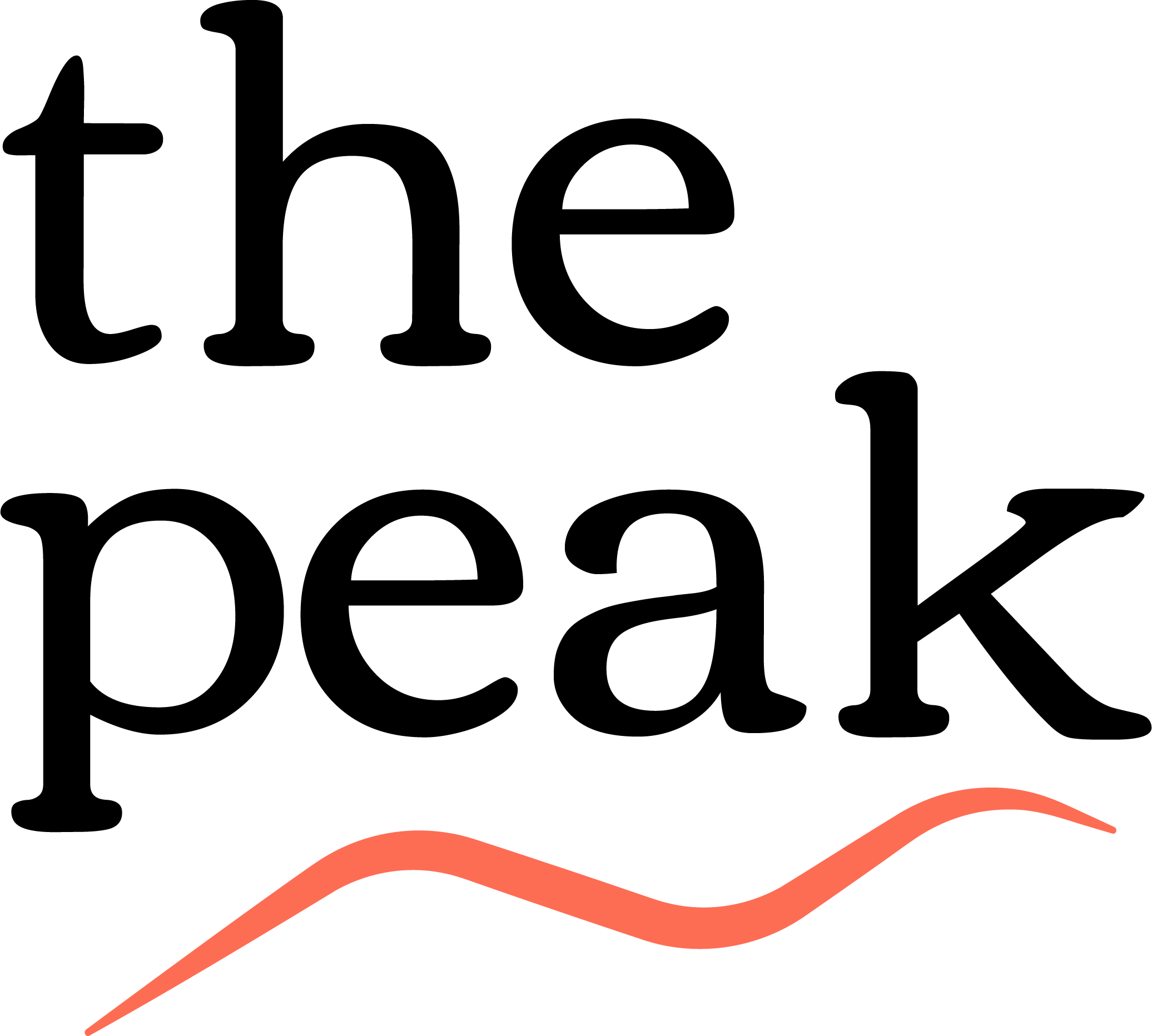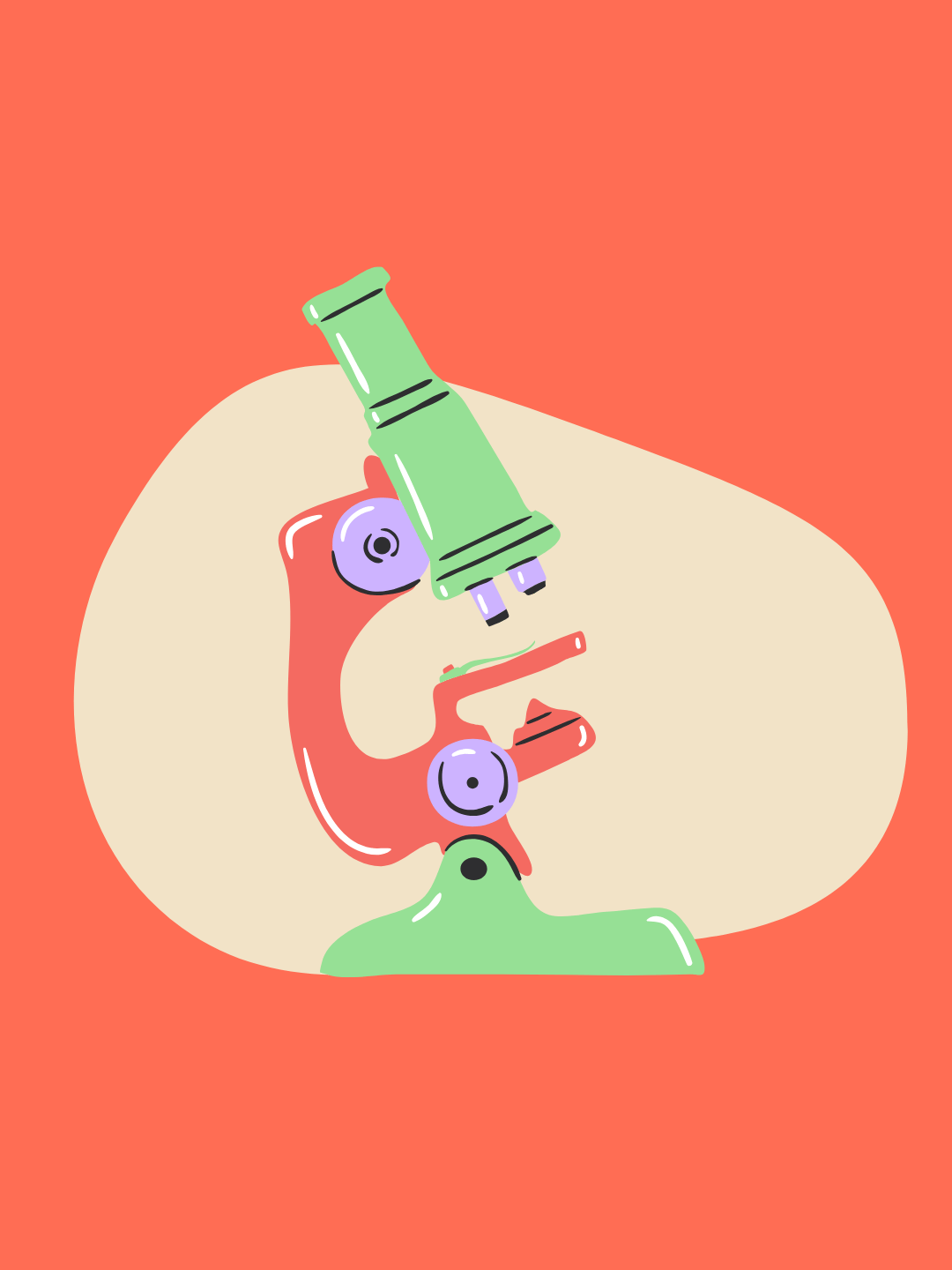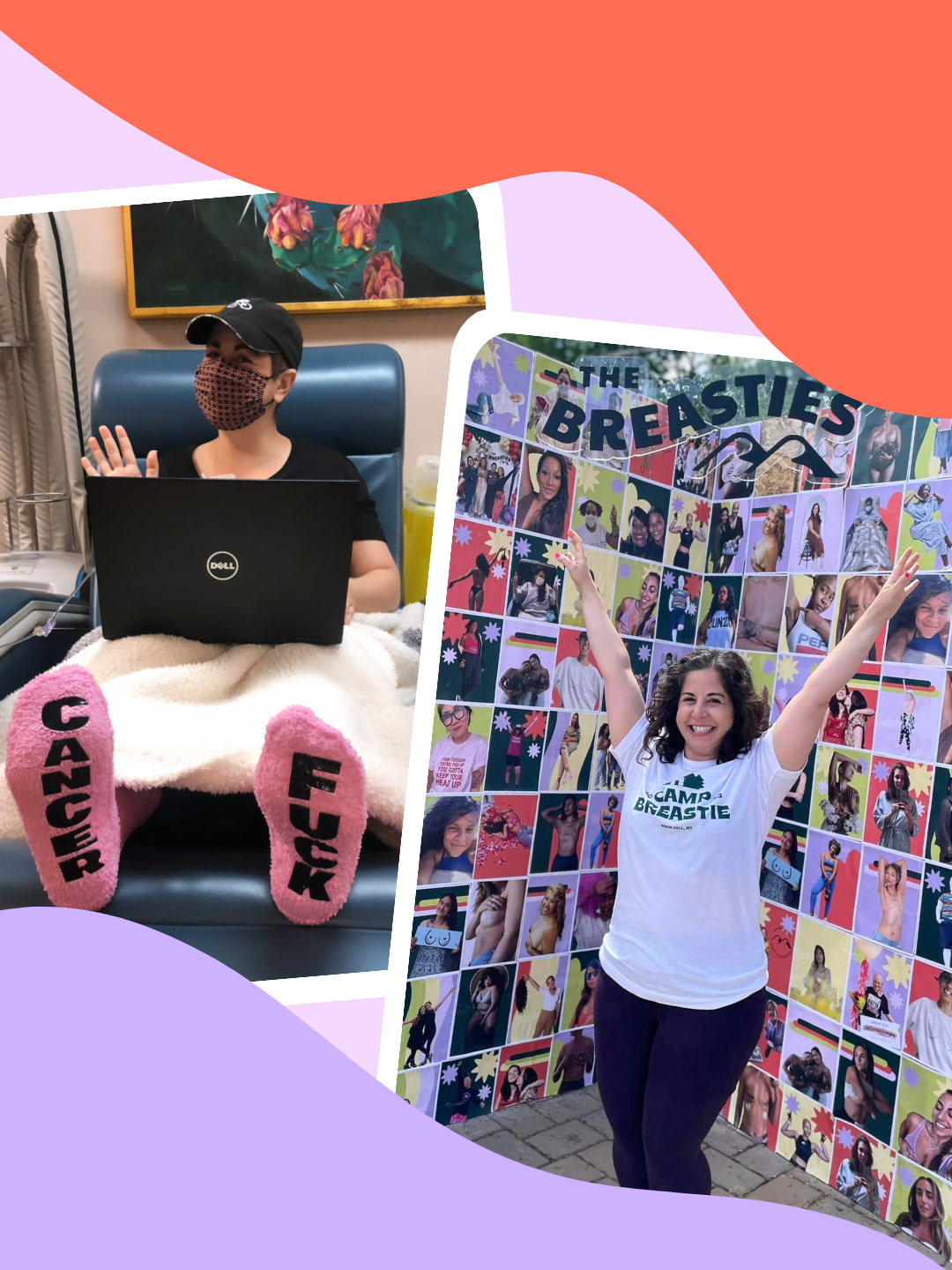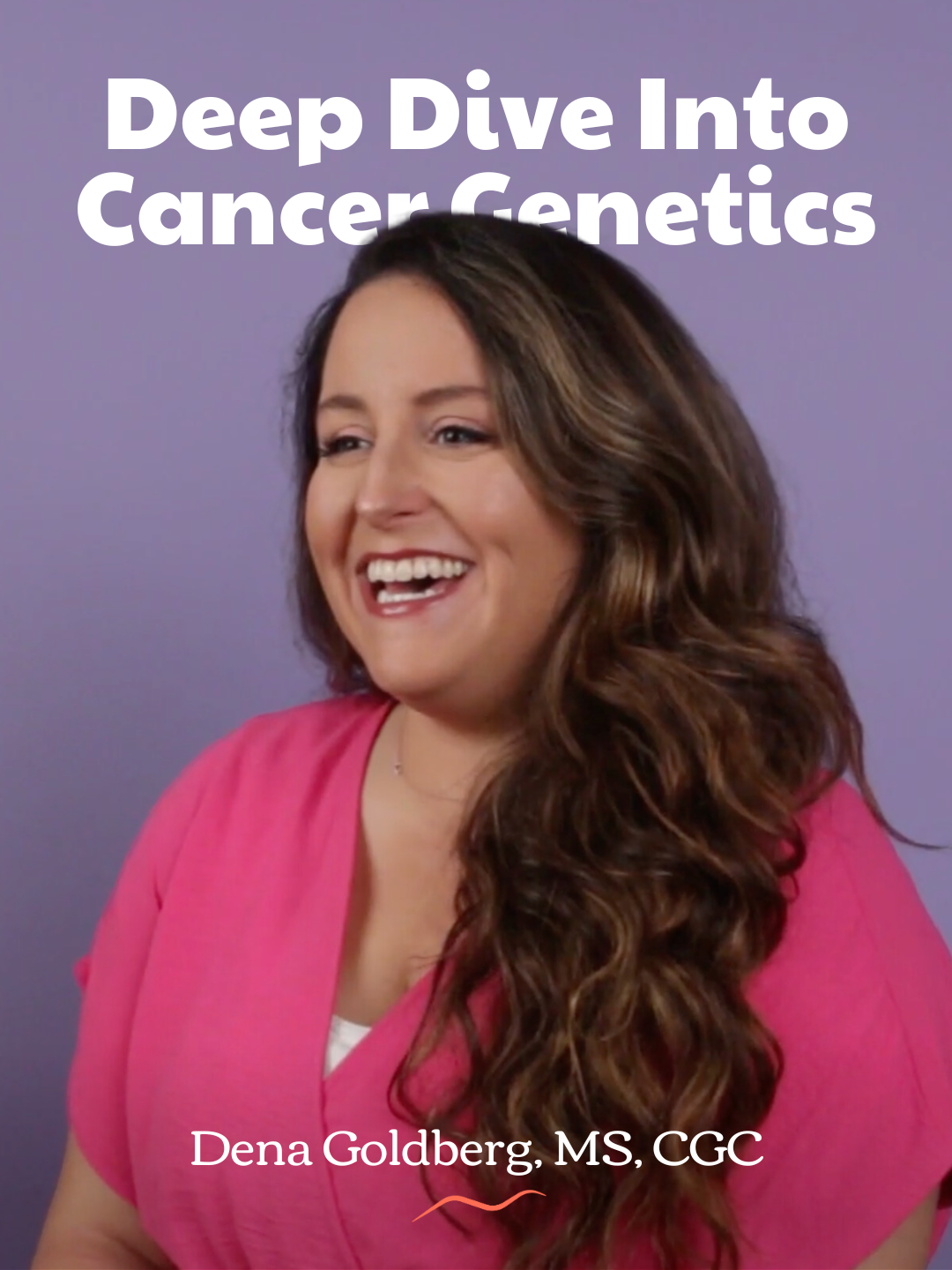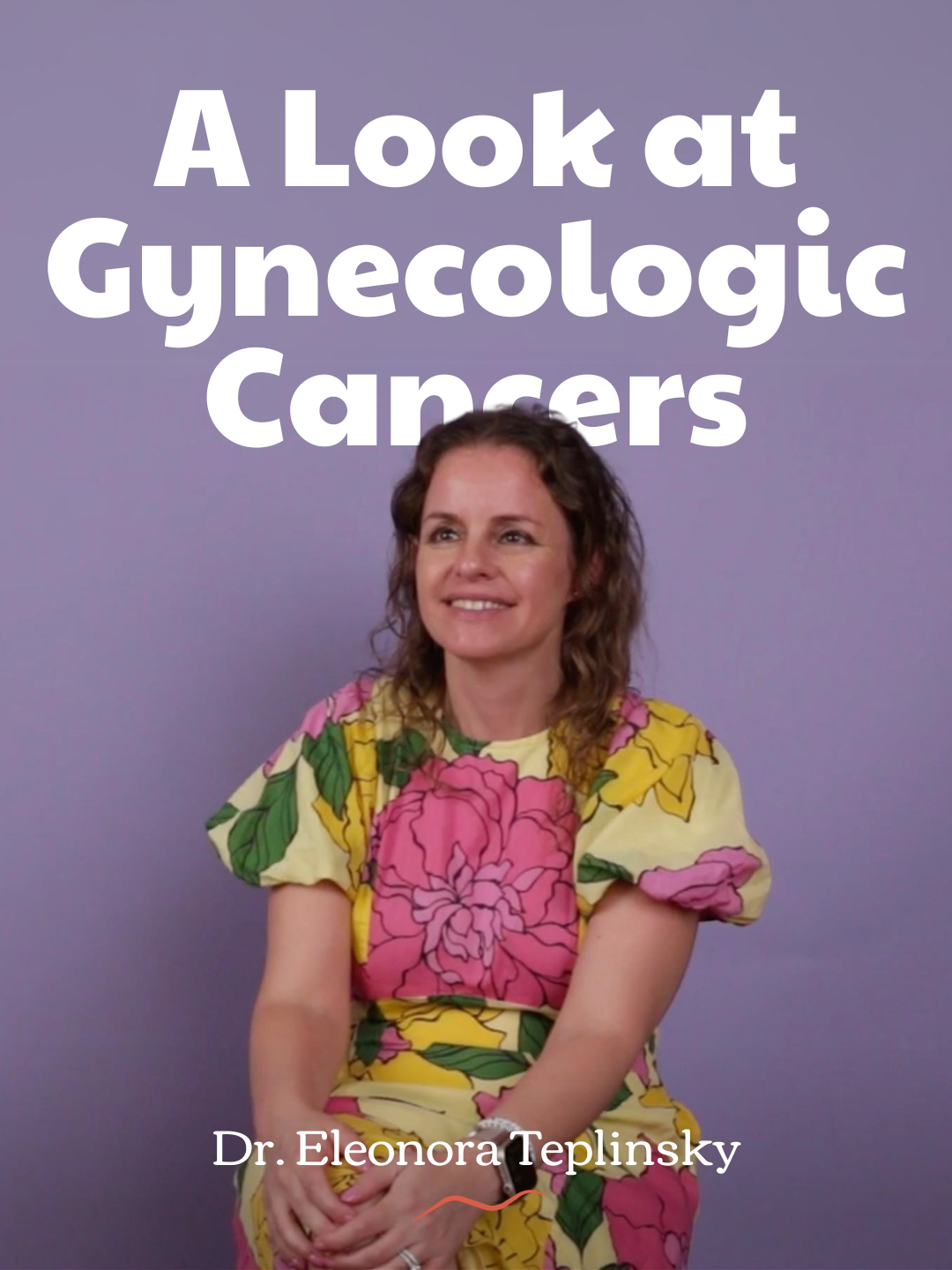Twenty years ago, just a few months after my youngest brother was born, my mom noticed painful swelling all around her right breast.
For two reasons, my mom had a strong feeling this swelling was something more than an infection related to breastfeeding, which her OB-GYN insisted on. One, her sister had recently been diagnosed with breast cancer and two, as an experienced nurse herself – she knew the antibiotics that she was prescribed would have worked by now.
My mom’s concerns of her swelling and inflamed breast were ignored on three different visits. The swelling and redness seemed to only grow angrier, eventually spreading up her right arm and preventing her from picking up her infant son. Finally, my mom found a new doctor and on the same day of the appointment he sent her to the hospital where she was diagnosed with advanced inflammatory breast cancer.
After several months of chemotherapy and radiation, my mom passed away in February 2000 leaving behind three kids all under the age of 10.
Self-Advocacy in the Wake of Loss
What my mother’s diagnosis and death would mean for me as I began to navigate my own health would prove to be one of my greatest challenges and most significant life lessons.
On one hand, growing up without a maternal-figure you can’t help but feel at a disadvantage when it comes to navigating the winding roads that are women’s health. There’s no one to offer you her roadmap or cheat notes. You have to largely figure it out for yourself and hope you’re going in the right direction. On the other hand, when you have a first degree relative who has passed away from breast cancer, you make your way into a “high risk of cancer” category – adding an additional layer of complexity.
The story of my mom’s delayed diagnosis unrelentingly accompanies me to every doctor appointment. It typically comes up when discussing family history and can often lead to conversations that grief can make difficult to have.
It’s also one that I can’t help but reflect on when I feel unheard in a healthcare setting.
It’s the story that helped me finally find an OB-GYN who didn’t rush through every appointment and make inappropriate comments.
It’s the story that I hyper-focused on through two dragged-out benign breast biopsies and MRIs.
And it’s the story that I couldn’t shake when my genetic testing results came back negative for BRCA but positive for a lesser-known gene (MUTYH), where the genetic counselor’s advice was to “wait and see.”
Finding My Voice: Having a Prophylactic Mastectomy
Six months ago, as I underwent a prophylactic double mastectomy, my mom was top of mind again. This time, I felt an overwhelming feeling of ease, although it definitely could have been the nerve block kicking in. As I drifted to sleep, my surgeon taped my favorite picture of my mom – one where she’s smiling so big her eyes are closed – to the IV pump above my head.
Yes, I felt safe because my mom was figuratively and literally watching over me - but most of all, I felt safe because my mom’s memory had lit a fire in me to stand up for myself. Her legacy led me to the operating room where I was met by the most incredible team for a procedure that I am confident was the right decision for me.
It took me many years to understand what self-advocacy in relation to health looks like and it took many borrowed lessons from friends in the Breastie community. Whether you’re navigating a diagnosis or high risk decisions, here are a few things to keep in mind when it comes to finding your voice in a healthcare setting.
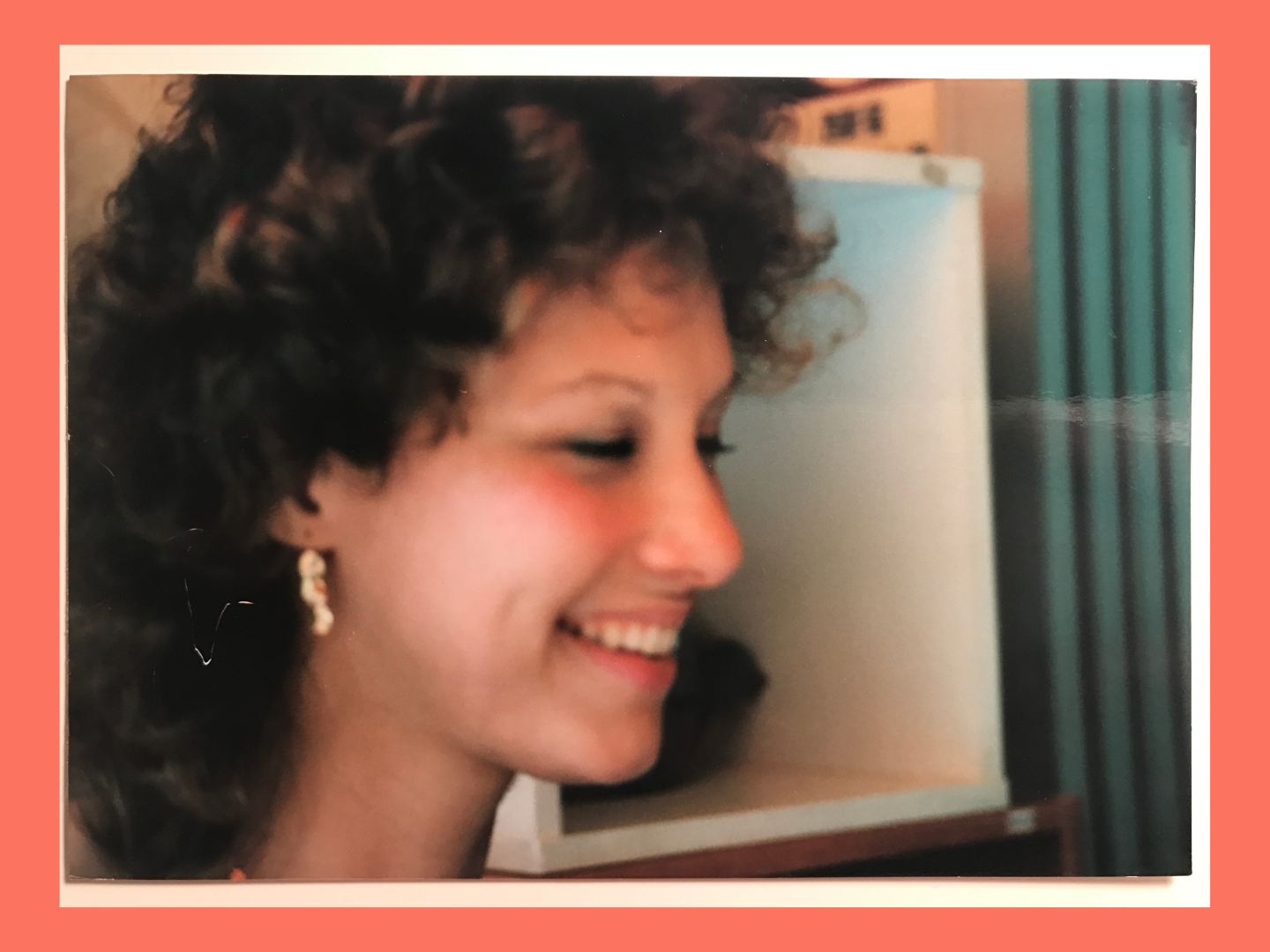
4 Tips for Advocating for Yourself
1. Believe That You Are Your Own Best Advocate
It sounds trite, but after a handful of negative experiences, I finally fully believed that I know my body best and that I am my own best advocate. Too often, I was intimidated by doctors and the fact that medicine is their expertise. Who am I to express my concerns or ask questions? What I’ve come to learn is that you are with your body every single day in a way that no one else can be. You are an expert of your own body. If you don’t speak up and advocate for yourself, who will?
2. Arm Yourself with Information
Access to information is a luxury that my mom didn’t have twenty years ago and one that I am most grateful to the Breastie community for. We have so much information at our fingertips. When used appropriately (AKA not just relying on Dr. Google!) it can truly put you ahead of the game.
Getting familiar with your family history and connecting with people in the community who have a similar background, diagnosis, or experience can allow you access to invaluable information when navigating health-related decisions.
3. Have Someone Go with You
Bring in back up! If you’re someone who has a tough time speaking up, remembering what was said, or simply getting through an appointment – bring a friend, Breastie, or loved one with you. Even better, have said friend or loved one ask the questions that you may be struggling to ask. It can also be helpful to have this person take notes during the appointment.
If you’re unsure if a certain medical team or facility is right for you, this person can also weigh in based on their first-hand experience going with you. Personally, this was a lifeline for me when I felt pushed aside by a breast surgeon who consistently spoke down to me and the “boob job” I wanted. Hearing someone I trusted tell me it wasn’t in my head was a turning point in understanding that I had the ability to find someone who made me more comfortable.
If you find yourself having to navigate appointments during COVID restrictions, consider calling or video chatting someone into your appointment.
4. You Should Always Feel Like You Can Ask Questions
The summer before my sophomore year of college, I had my first biopsy of a suspicious mass in my left breast. The radiologist, Dr. Sean Enis, who performed the biopsy was and will forever be one of the greatest healthcare advocates I have ever met. He took his time to not only answer my questions but those of my very anxious dad. Thankfully, the mass was benign, and his generous sharing of information spurred me to learn more about genetic testing.
Fast forward to five years later when I was reminded of the monumental feeling of finding a true healthcare advocate. I was six minutes into a telemedicine appointment with Dr. Anne Peled, a breast surgeon who was over 3,000 miles away in San Francisco. That telemedicine visit was my Hail Mary attempt to find a new surgeon before I was scheduled for surgery with the “boob job” one mentioned above. Talking to her felt like I was talking to a good friend. No question felt dumb or like I was wasting her time. After this one conversation, it became clear to me how many appointments I’ve had where I was too afraid to ask questions
The comfort I felt when speaking to Dr. Peled was what enabled me to push through my anxiety on the morning of surgery and ask if it was okay to bring a photo of my mom into the operating room.
“I totally understand if you can’t because this breaks operating room protocol,” I frantically said as I walked into the OR. She lovingly took it from my hands and insisted on hanging it up.
I’ll always wonder; What could have happened differently if my mom was diagnosed sooner? If she had someone like Dr. Peled or a Breastie in her corner? If she felt empowered to stand up for herself and her body?
